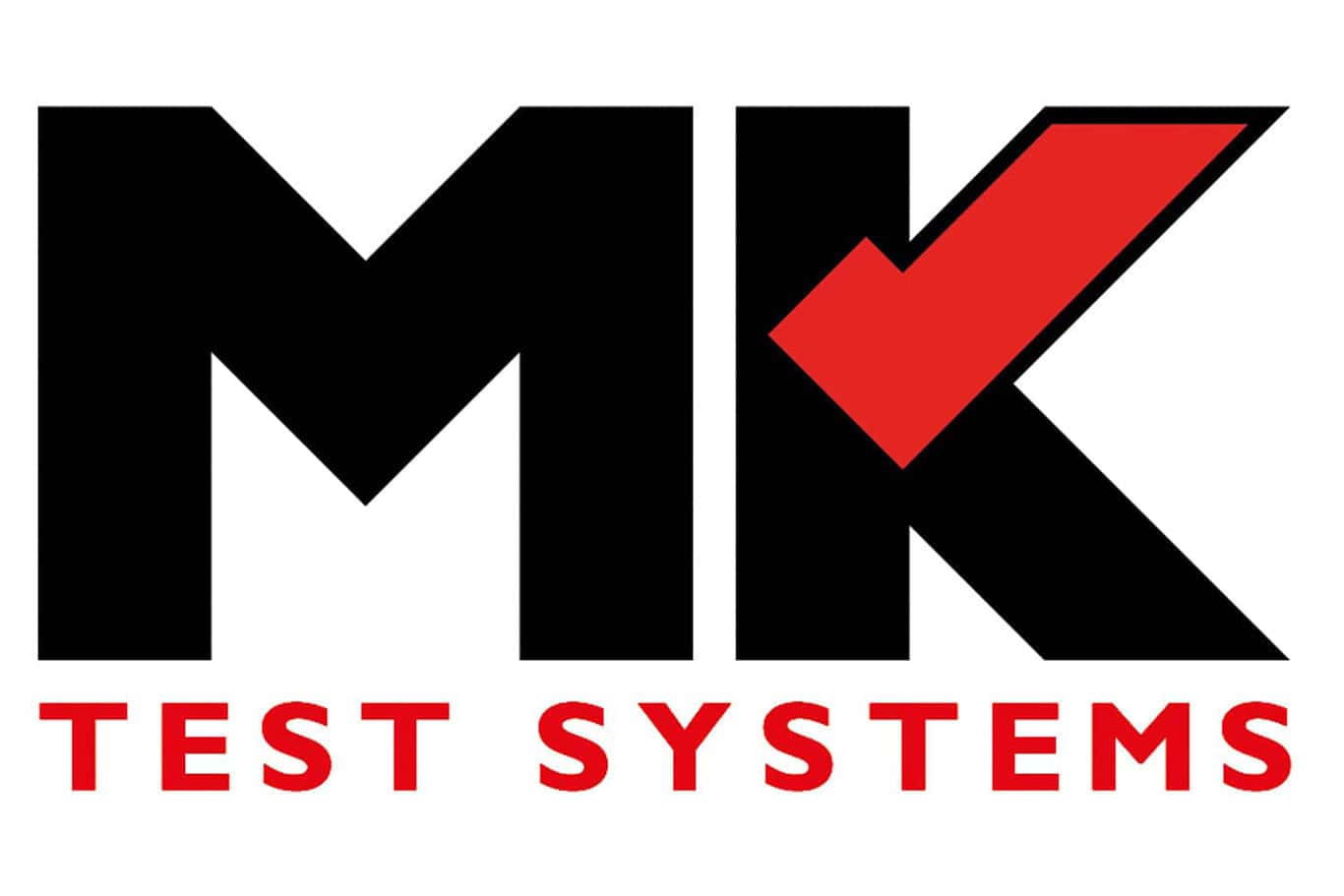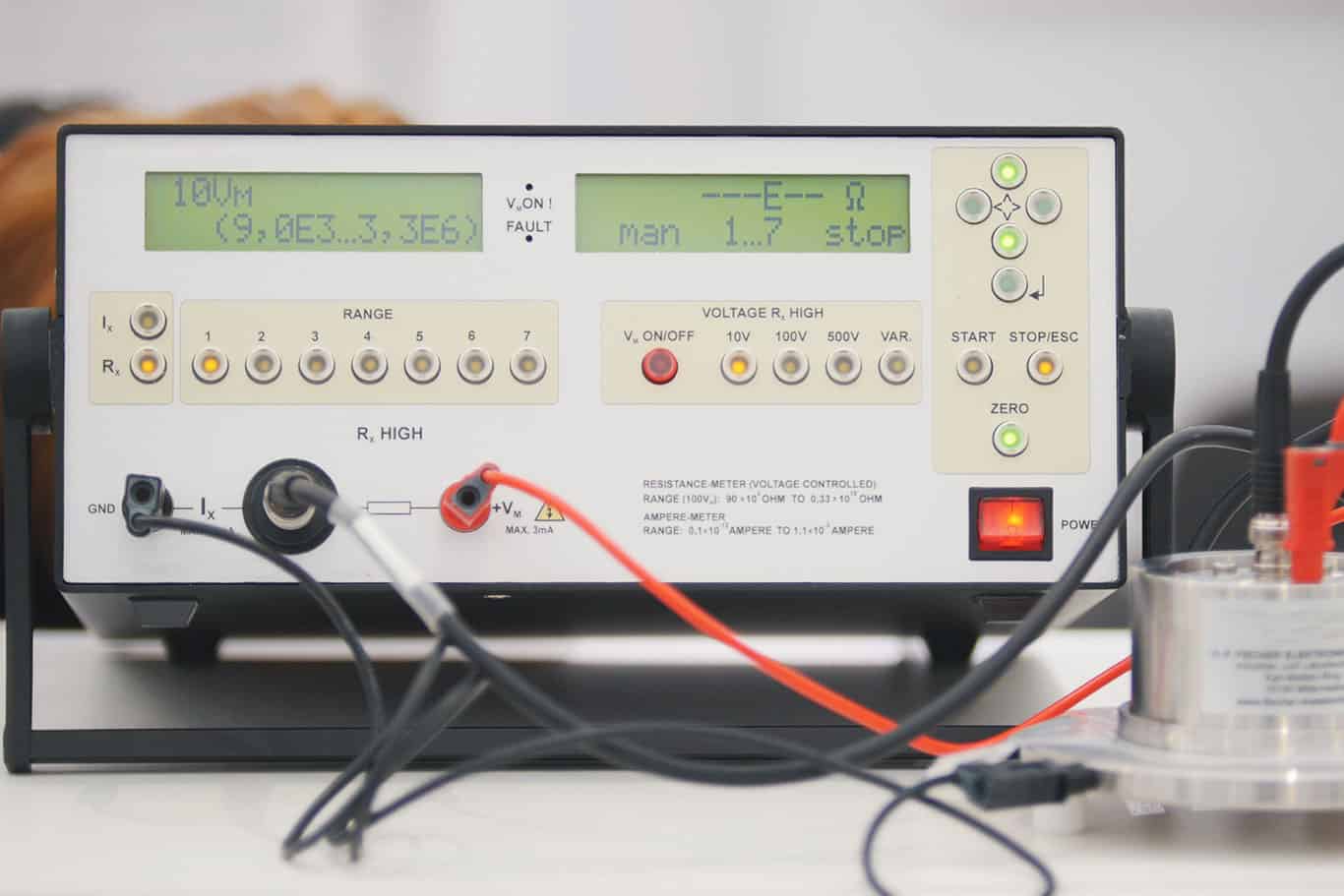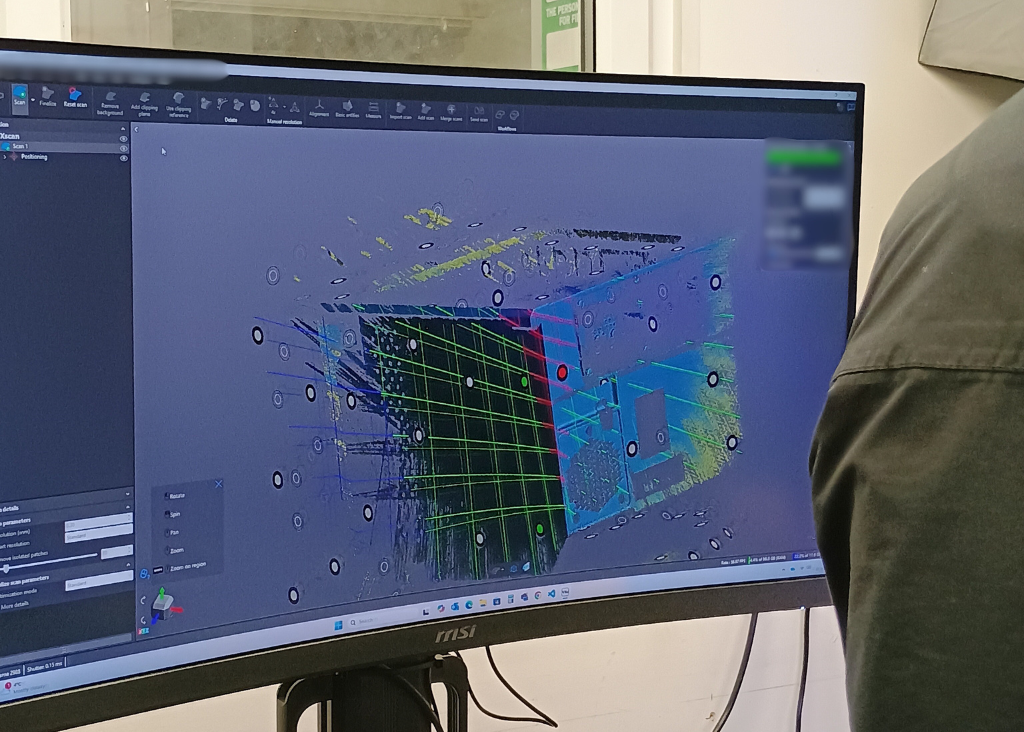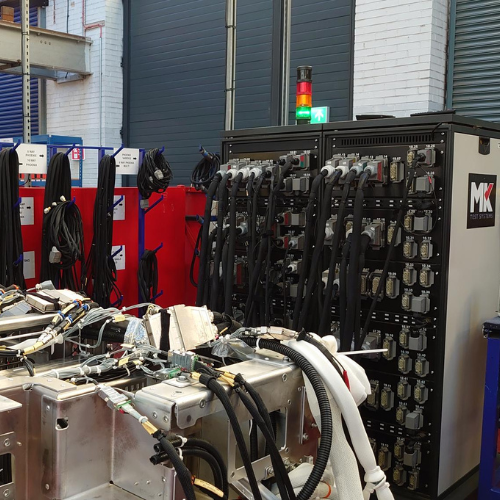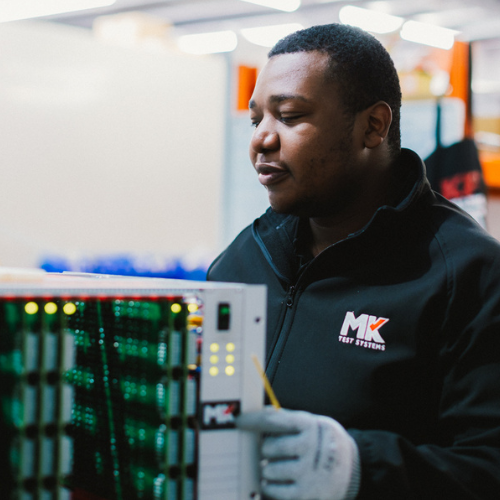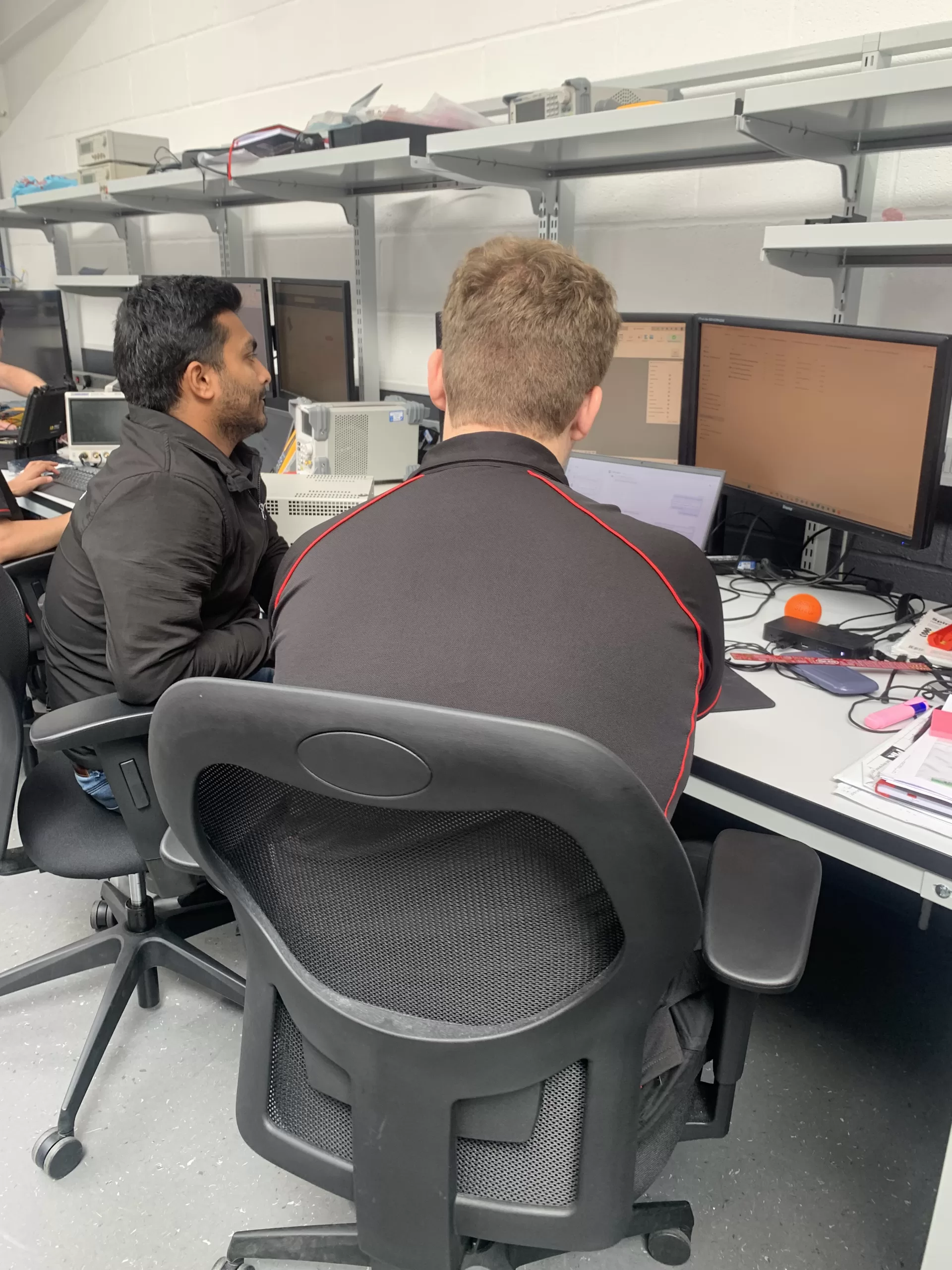The hipot test (high potential test or dielectric withstand test) is a critical procedure used to ensure the safety and reliability of electrical systems by verifying insulation strength and detecting potential faults. Traditionally performed manually, hipot testing has evolved with automation, offering significant improvements in efficiency, accuracy, and scalability.
In this blog, we’ll explore how automated hipot test systems are transforming industries by providing faster, more reliable, and scalable solutions for electrical testing.
What is a Hipot Test?
A hipot test applies a high voltage to an electrical system’s insulation to ensure it can withstand its operating conditions without breaking down. Key objectives include:
- Detecting Defects: Identifying insulation faults, such as short circuits and leakage currents.
- Ensuring Safety: Verifying that systems meet safety standards and reduce the risk of electrical shocks.
- Compliance: Ensuring products meet industry regulations like IEC and UL standards.
Challenges of Manual Hipot Test Procedures
Traditional manual test procedures, while effective in certain scenarios, have limitations:
- Time-Intensive: Testing individual systems manually is slow, particularly in high-volume production.
- Prone to Human Error: Errors in testing can lead to false results, compromising safety and quality.
- Limited Scalability: Manual processes struggle to keep up with the demands of modern, high-output industries.
Automation addresses these challenges by streamlining the hipot test process, ensuring consistency and reliability.
How Automated Hipot Test Systems Improve Efficiency and Accuracy
-
Eliminating Human Error
Automated systems perform the hipot test with precision, ensuring consistent results across all tests. This eliminates variability caused by human error and guarantees reliable outcomes.
-
Faster Testing Processes
Automated hipot test systems can handle multiple components simultaneously, significantly reducing testing time. This is especially valuable in industries requiring large-scale production.
-
Comprehensive Fault Detection
Advanced systems detect a wide range of issues, including insulation breakdown, excessive leakage currents, and improper grounding. Automated reporting ensures no fault goes unnoticed.
-
Real-Time Data and Insights
Automated systems generate detailed test reports, providing actionable insights to improve system designs and maintain quality standards.
-
Scalability for High-Volume Production
Whether testing small batches or high-volume production lines, automated test systems can scale to meet demand, making them ideal for industries like automotive, aerospace, and energy.
Applications
Automated hipot test systems are widely used across industries to ensure the safety and reliability of electrical products:
- Aerospace: Testing insulation in mission-critical components for aircraft.
- Automotive: Verifying wiring harnesses and electrical components in modern vehicles.
- Energy Sector: Ensuring the integrity of renewable energy systems like solar panels and wind turbines.
- Manufacturing: Testing electrical equipment used in industrial and consumer applications.
To learn more about how automated solutions can benefit your business, visit the MK Test product page here.
Why Choose MK Test?
At MK Test, we specialise in state-of-the-art automated test systems designed to:
- Improve testing accuracy and efficiency.
- Integrate seamlessly into existing production environments.
- Provide detailed data insights for continuous improvement.
Our solutions are trusted by industries worldwide to ensure safety and compliance while meeting production demands.
Future-Proof Your Testing with Automated Hipot Test Systems
The evolution of the hipot test through automation has redefined how industries approach electrical testing. By adopting automated solutions, businesses can ensure safety, reliability, and compliance while achieving faster production cycles and reduced costs.
To explore how MK Test can revolutionise your hipot test processes, contact us at +44 (0)1823 661100 or email sales@mktest.com today.
FAQs
Q1: What types of faults can a hipot test detect?
A1: It can identify insulation breakdowns, excessive leakage currents, improper grounding, and short circuits.
Q2: Are automated test systems suitable for high-volume production?
A2: Yes, automated systems are designed to handle large-scale testing, making them ideal for industries with high production demands.
Q3: How do automated systems improve test accuracy?
A3: Automated systems eliminate human error, ensure consistent test parameters, and generate detailed reports for reliable results.
